
Developing a trading Expert Advisor from scratch (Part 29): The talking platform
In this article, we will learn how to make the MetaTrader 5 platform talk. What if we make the EA more fun? Financial market trading is often too boring and monotonous, but we can make this job less tiring. Please note that this project can be dangerous for those who experience problems such as addiction. However, in a general case, it just makes things less boring.
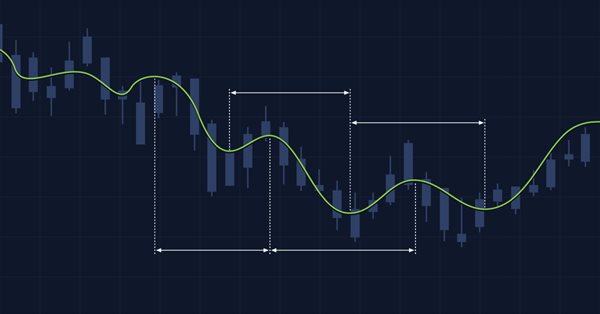
Multiple indicators on one chart (Part 02): First experiments
In the previous article "Multiple indicators on one chart" I presented the concept and the basics of how to use multiple indicators on one chart. In this article, I will provide the source code and will explain it in detail.


Using Skype to Send Messages from an Expert Advisor
The article deals with the ways of how to send internal messages and SMSes from an Expert Advisor to mobile phones using Skype.

Developing a trading Expert Advisor from scratch (Part 8): A conceptual leap
What is the easiest way to implement new functionality? In this article, we will take one step back and then two steps forward.
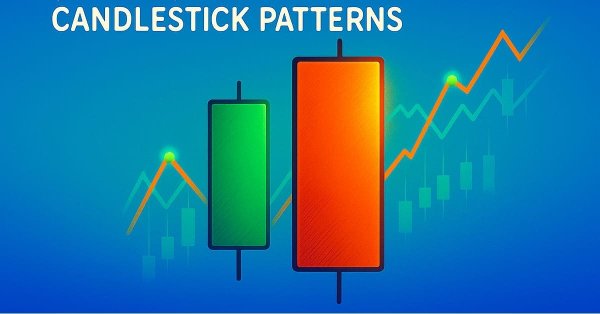
Reimagining Classic Strategies (Part 18): Searching For Candlestick Patterns
This article helps new community members search for and discover their own candlestick patterns. Describing these patterns can be daunting, as it requires manually searching and creatively identifying improvements. Here, we introduce the engulfing candlestick pattern and show how it can be enhanced for more profitable trading applications.

Timeseries in DoEasy library (part 44): Collection class of indicator buffer objects
The article deals with creating a collection class of indicator buffer objects. I am going to test the ability to create and work with any number of buffers for indicators (the maximum number of buffers that can be created in MQL indicators is 512).


Trader's Kit: Drag Trade Library
The article describes Drag Trade Library that provides functionality for visual trading. The library can easily be integrated into virtually any Expert Advisor. Your Expert Advisor can be transformed from an automat into an automated trading and information system almost effortless on your side by just adding a few lines of code.


Working with Files. An Example of Important Market Events Visualization
The article deals with the outlook of using MQL4 for more productive work at FOREX markets.
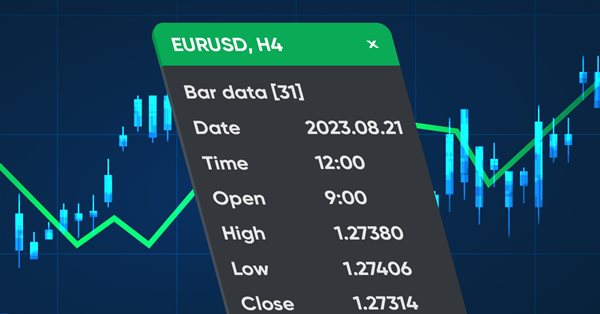
Ready-made templates for including indicators to Expert Advisors (Part 1): Oscillators
The article considers standard indicators from the oscillator category. We will create ready-to-use templates for their use in EAs - declaring and setting parameters, indicator initialization and deinitialization, as well as receiving data and signals from indicator buffers in EAs.


Alternative Log File with the Use of HTML and CSS
In this article we will describe the process of writing a simple but a very powerful library for making the html files, will learn to adjust their displaying and will see how they can be easily implemented and used in your expert or the script.

Other classes in DoEasy library (Part 69): Chart object collection class
With this article, I start the development of the chart object collection class. The class will store the collection list of chart objects with their subwindows and indicators providing the ability to work with any selected charts and their subwindows or with a list of several charts at once.

MQL5 Cookbook: Handling Custom Chart Events
This article considers aspects of design and development of custom chart events system in the MQL5 environment. An example of an approach to the events classification can also be found here, as well as a program code for a class of events and a class of custom events handler.


Better Programmer (Part 03): Give Up doing these 5 things to become a successful MQL5 Programmer
This is the must-read article for anyone wanting to improve their programming career. This article series is aimed at making you the best programmer you can possibly be, no matter how experienced you are. The discussed ideas work for MQL5 programming newbies as well as professionals.
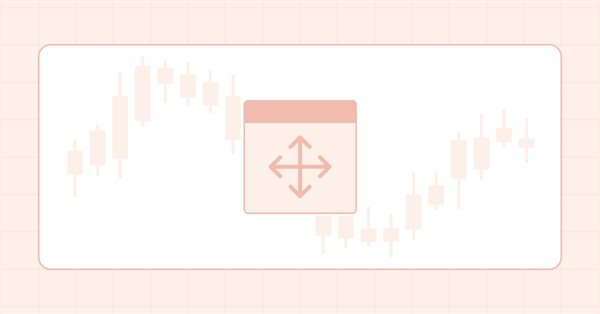
Graphics in DoEasy library (Part 97): Independent handling of form object movement
In this article, I will consider the implementation of the independent dragging of any form objects using a mouse. Besides, I will complement the library by error messages and new deal properties previously implemented into the terminal and MQL5.


Graphical Control of External Parameters of Indicators
External variables of indicators are controlled using a special window where parameters can be changed and the indicator is then run again. The obvious inconvenience of these manipulations has given rise to the need for displaying the required parameters on the screen and controlling the indicator graphically.

How to add Trailing Stop using Parabolic SAR
When creating a trading strategy, we need to test a variety of protective stop options. Here is where a dynamic pulling up of the Stop Loss level following the price comes to mind. The best candidate for this is the Parabolic SAR indicator. It is difficult to think of anything simpler and visually clearer.

Moving Average in MQL5 from scratch: Plain and simple
Using simple examples, we will examine the principles of calculating moving averages, as well as learn about the ways to optimize indicator calculations, including moving averages.

Reimagining Classic Strategies (Part 13): Minimizing The Lag in Moving Average Cross-Overs
Moving average cross-overs are widely known by traders in our community, and yet the core of the strategy has changed very little since its inception. In this discussion, we will present you with a slight adjustment to the original strategy, that aims to minimize the lag present in the trading strategy. All fans of the original strategy, could consider revising the strategy in accordance with the insights we will discuss today. By using 2 moving averages with the same period, we reduce the lag in the trading strategy considerably, without violating the foundational principles of the strategy.

Population optimization algorithms: Bacterial Foraging Optimization (BFO)
E. coli bacterium foraging strategy inspired scientists to create the BFO optimization algorithm. The algorithm contains original ideas and promising approaches to optimization and is worthy of further study.


Effective Averaging Algorithms with Minimal Lag: Use in Indicators and Expert Advisors
The article describes custom averaging functions of higher quality developed by the author: JJMASeries(), JurXSeries(), JLiteSeries(), ParMASeries(), LRMASeries(), T3Series() and MASeries(). The author considers the hot substitution of these functions in indicators using the call of the SmoothXSeries() function.

Build Self Optimizing Expert Advisors With MQL5 And Python
In this article, we will discuss how we can build Expert Advisors capable of autonomously selecting and changing trading strategies based on prevailing market conditions. We will learn about Markov Chains and how they can be helpful to us as algorithmic traders.


Enhancing the Quality of the Code with the Help of Unit Test
Even simple programs may often have errors that seem to be unbelievable. "How could I create that?" is our first thought when such an error is revealed. "How can I avoid that?" is the second question which comes to our mind less frequently. It is impossible to create absolutely faultless code, especially in big projects, but it is possible to use technologies for their timely detection. The article describes how the MQL4 code quality can be enhanced with the help of the popular Unit Testing method.

Graphics in DoEasy library (Part 90): Standard graphical object events. Basic functionality
In this article, I will implement the basic functionality for tracking standard graphical object events. I will start from a double click event on a graphical object.

Prices in DoEasy library (part 61): Collection of symbol tick series
Since a program may use different symbols in its work, a separate list should be created for each of them. In this article, I will combine such lists into a tick data collection. In fact, this will be a regular list based on the class of dynamic array of pointers to instances of CObject class and its descendants of the Standard library.


Fractal Analysis of Joint Currency Movements
How independent are currency quotes? Are their movements coordinated or does the movement of one currency suggest nothing of the movement of another? The article describes an effort to tackle this issue using nonlinear dynamics and fractal geometry methods.

How to create a simple Multi-Currency Expert Advisor using MQL5 (Part 7): ZigZag with Awesome Oscillator Indicators Signal
The multi-currency expert advisor in this article is an expert advisor or automated trading that uses ZigZag indicator which are filtered with the Awesome Oscillator or filter each other's signals.


Electronic Tables in MQL5
The article describes a class of dynamic two-dimensional array that contains data of different types in its first dimension. Storing data in the form of a table is convenient for solving a wide range of problems of arrangement, storing and operation with bound information of different types. The source code of the class that implements the functionality of working with tables is attached to the article.
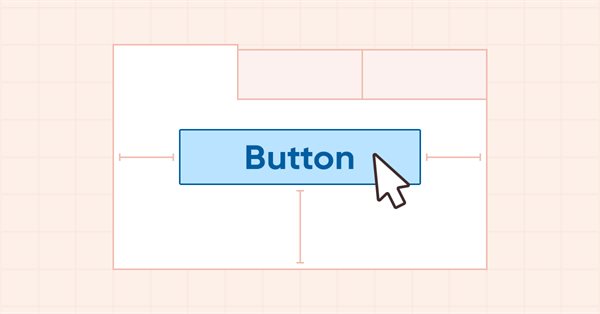
DoEasy. Controls (Part 13): Optimizing interaction of WinForms objects with the mouse, starting the development of the TabControl WinForms object
In this article, I will fix and optimize handling the appearance of WinForms objects after moving the mouse cursor away from the object, as well as start the development of the TabControl WinForms object.


Practical Use of the Virtual Private Server (VPS) for Autotrading
Autotrading using VPS. This article is intended exceptionally for autotraders and autotrading supporters.
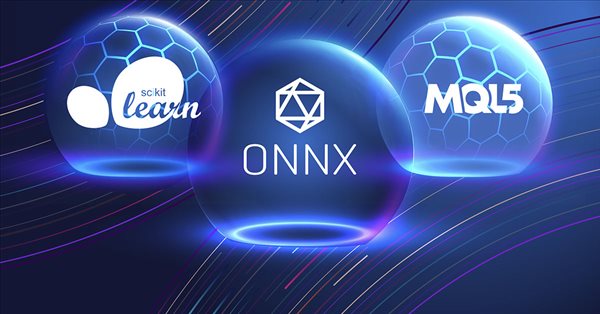
Classification models in the Scikit-Learn library and their export to ONNX
In this article, we will explore the application of all classification models available in the Scikit-Learn library to solve the classification task of Fisher's Iris dataset. We will attempt to convert these models into ONNX format and utilize the resulting models in MQL5 programs. Additionally, we will compare the accuracy of the original models with their ONNX versions on the full Iris dataset.


Marvel Your MQL5 Customers with a Usable Cocktail of Technologies!
MQL5 provides programmers with a very complete set of functions and object-oriented API thanks to which they can do everything they want within the MetaTrader environment. However, Web Technology is an extremely versatile tool nowadays that may come to the rescue in some situations when you need to do something very specific, want to marvel your customers with something different or simply you do not have enough time to master a specific part of MT5 Standard Library. Today's exercise walks you through a practical example about how you can manage your development time at the same time as you also create an amazing tech cocktail.

Risk Management (Part 1): Fundamentals for Building a Risk Management Class
In this article, we'll cover the basics of risk management in trading and learn how to create your first functions for calculating the appropriate lot size for a trade, as well as a stop-loss. Additionally, we will go into detail about how these features work, explaining each step. Our goal is to provide a clear understanding of how to apply these concepts in automated trading. Finally, we will put everything into practice by creating a simple script with an include file.

Reimagining Classic Strategies (Part 12): EURUSD Breakout Strategy
Join us today as we challenge ourselves to build a profitable break-out trading strategy in MQL5. We selected the EURUSD pair and attempted to trade price breakouts on the hourly timeframe. Our system had difficulty distinguishing between false breakouts and the beginning of true trends. We layered our system with filters intended to minimize our losses whilst increasing our gains. In the end, we successfully made our system profitable and less prone to false breakouts.


Trend Lines Indicator Considering T. Demark's Approach
The indicator shows trend lines displaying the recent events on the market. The indicator is developed considering the recommendations and the approach of Thomas Demark concerning technical analysis. The indicator displays both the last direction of the trend and the next-to-last opposite direction of the trend.
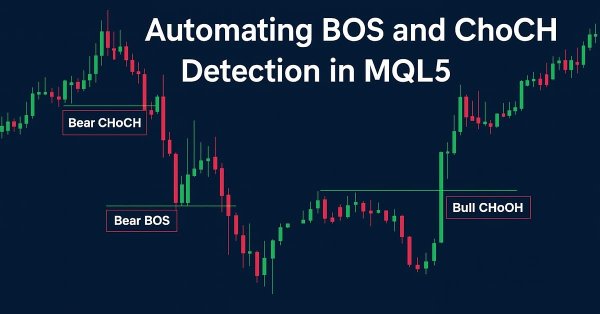
Price Action Analysis Toolkit Development (Part 39): Automating BOS and ChoCH Detection in MQL5
This article presents Fractal Reaction System, a compact MQL5 system that converts fractal pivots into actionable market-structure signals. Using closed-bar logic to avoid repainting, the EA detects Change-of-Character (ChoCH) warnings and confirms Breaks-of-Structure (BOS), draws persistent chart objects, and logs/alerts every confirmed event (desktop, mobile and sound). Read on for the algorithm design, implementation notes, testing results and the full EA code so you can compile, test and deploy the detector yourself.
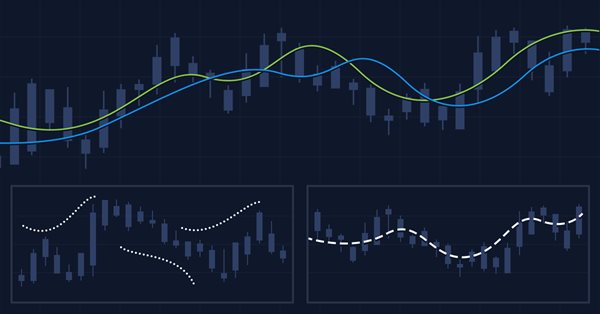
Multiple indicators on one chart (Part 03): Developing definitions for users
Today we will update the functionality of the indicator system for the first time. In the previous article within the "Multiple indicators on one chart" we considered the basic code which allows using more than one indicator in a chart subwindow. But what was presented was just the starting base of a much larger system.

Using Assertions in MQL5 Programs
This article covers the use of assertions in MQL5 language. It provides two examples of the assertion mechanism and some general guidance for implementing assertions.

Day Trading Larry Connors RSI2 Mean-Reversion Strategies
Larry Connors is a renowned trader and author, best known for his work in quantitative trading and strategies like the 2-period RSI (RSI2), which helps identify short-term overbought and oversold market conditions. In this article, we’ll first explain the motivation behind our research, then recreate three of Connors’ most famous strategies in MQL5 and apply them to intraday trading of the S&P 500 index CFD.

Build Self Optimizing Expert Advisors in MQL5 (Part 5): Self Adapting Trading Rules
The best practices, defining how to safely us an indicator, are not always easy to follow. Quiet market conditions may surprisingly produce readings on the indicator that do not qualify as a trading signal, leading to missed opportunities for algorithmic traders. This article will suggest a potential solution to this problem, as we discuss how to build trading applications capable of adapting their trading rules to the available market data.

Build Self Optimizing Expert Advisors in MQL5 (Part 3): Dynamic Trend Following and Mean Reversion Strategies
Financial markets are typically classified as either in a range mode or a trending mode. This static view of the market may make it easier for us to trade in the short run. However, it is disconnected from the reality of the market. In this article, we look to better understand how exactly financial markets move between these 2 possible modes and how we can use our new understanding of market behavior to gain confidence in our algorithmic trading strategies.